Kendal was the home of K Shoes, this company was started by Robert Miller Somervell and continued until it was bought by Clark’s of Street who slowly transferred the business away from Kendal. Now the factories have been demolished one part Low Mills is now housing and the main factory block was replaced by a shopping centre and housing, called K Village. This however has not been a success. K Shoes were the biggest employer in the town and as a result Kendal has never recovered from the loss.
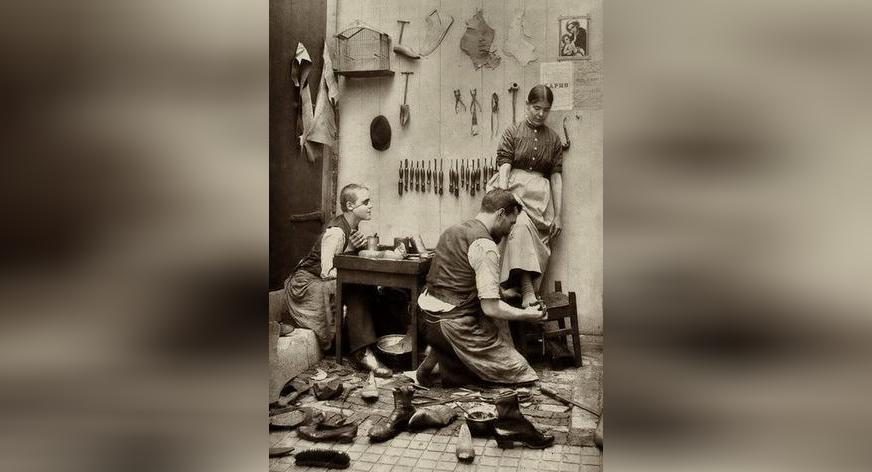

People used to keep a pair of shoes for a lifetime. They were a cherished and expensive possession. People would bring them to shoemakers in the hope that they could restore their shine and luster and bring them back to life.
Today, although traditional shoemakers still exist and we are able to visit their shops, they are fewer and more difficult to find. Like many artisans, many are closing their doors. Shoes have been mass-produced for many years and are easily replaceable at low cost.
The smell of real leather and quality craftsmanship evoke memories and take us back to a different time. A time where attention to detail, uniqueness, and quality were tantamount. It is possible that real shoemakers will soon be extinct!
Thousands of years ago, man first tied animal skin around his feet to protect them, and the concept of footwear materialized. Not only would shoes protect people from rugged terrain and long journeys, they would help them deal with extreme temperatures of heat or cold, and allow them to move freely.
According to research, the weakening of small toe bones has been found in 40,000-year-old human fossils, shown as evidence of shoes existing back then.
There’s reason to believe that craftsmen emerged at that time and began to create and repair footwear. Shoemakers have been appreciated by their customers for years and recognized for their hard work and dedication to the craft, which is sometimes considered an art.
The world’s oldest leather shoe was discovered in an Armenian cave in 2010. It was well-preserved, as it was covered in sheep dung. Scientists have dated the shoe to some 5,500 years ago. It is a single piece of cow leather with laces along the front and back seams, tied with a leather cord.
Remains of ancient shoes have been found in other parts of the world, shedding more light on cultures and styles from times gone by. For example, in Mexico, one can see statues from the Olmec era (5,000 BCE) with specific footwear.
Shoemakers who repaired shoes were also known as cobblers, and also worked with leather bags and accessories, such as belts. If the craftsman created new shoes, he was named a master shoemaker.
Three centuries ago, shoemakers, much like such other craftsmen such as blacksmiths, carpenters and tailors, were among the lowest of the social classes. In Spain, it was believed that workers that worked with their hands lost their social status. People became reluctant to enter such professions, or to employ workers such as shoemakers. In 1783, the King of Spain found it necessary to issue a Royal Decree stating that artisans such blacksmiths, tailors, shoemakers, carpenters and others are honest and honorable and that using them is not degrading to the family or the person that uses their services.
Like many crafts, shoemaking skills were often passed down from parents to children or to young apprentices who helped in the workshop while learning the trade.
Shoemaking became more commercialized in the mid-18th century. Warehouses were created to house pre-made footwear to be sold in different areas.
By the end of the 19th-century, shoemaking was transformed from a traditional handicraft to an industrialized and streamlined production of large factories.
Today, many of the past’s tools and techniques have disappeared, replaced with new production methods. Many modern shoes are less durable and are designed to be replaced after limited use.
So, if you decide to use your local shoemaker and put your shoes in their expert hands, know that you are trusting an experienced craftsman who has learned a trade with a rich history that is almost as old as time.
Do you remember shoemakers of yesteryear?
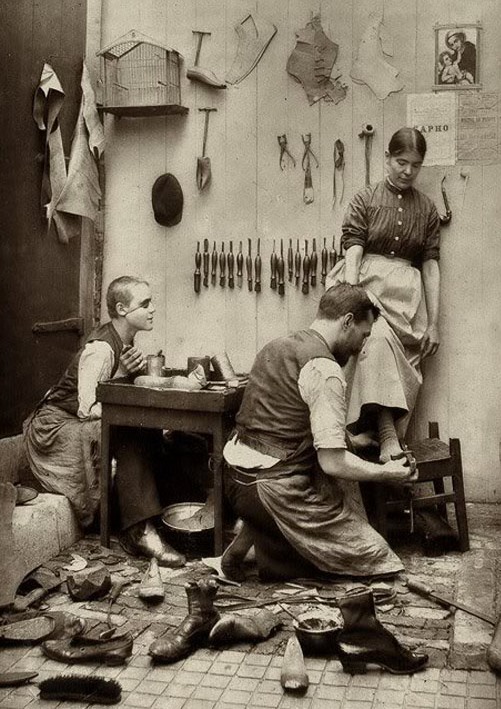
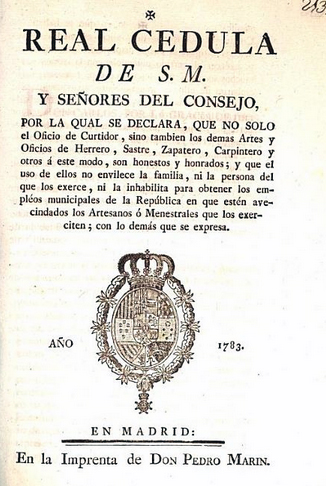


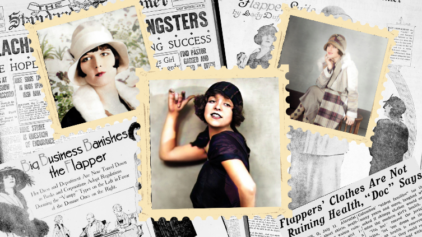
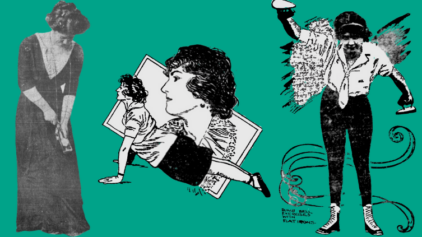

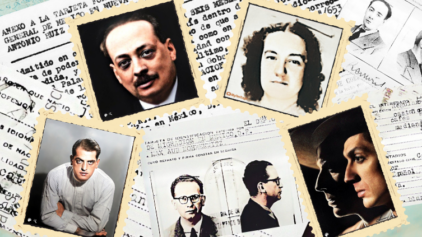
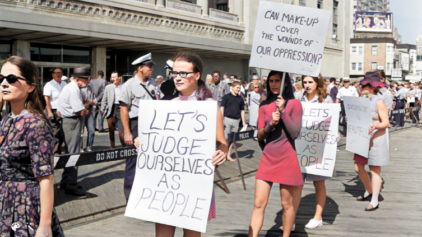
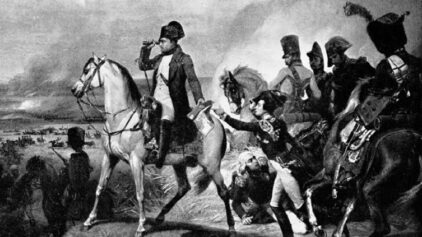

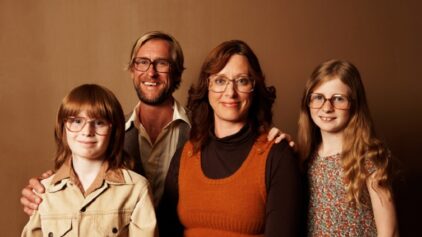
Pietje Arjaans
September 30, 2015
Nice to read about the honoreble craftsmen the shoemaker,my grandfather and greatgrandfather aswell as my uncle were shoemakers ,they designed and hand made beautiful leather shoes of the best quality .Proud to be related to them